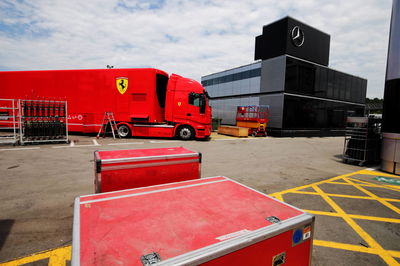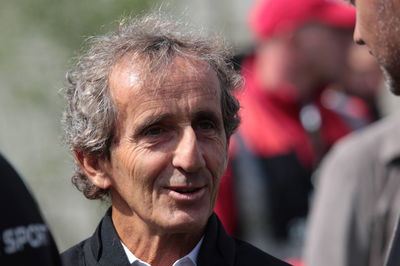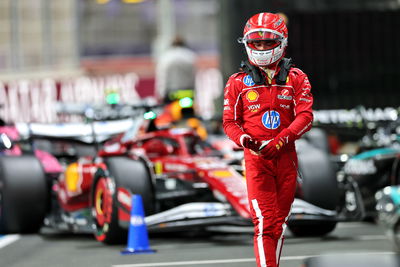F1 would favour flyaway triple-header in the future
Formula 1 sporting director Steve Nielsen would prefer to use flyaway races to form a triple-header on the calendar in the future should the scheduling move be required again.
F1 staged races on three consecutive weekends for the first time in its history in 2018 with races in France, Austria and Great Britain, acting as one of the biggest logistical challenges experienced by teams, as well as having an impact on staff members in the paddock.

Formula 1 sporting director Steve Nielsen would prefer to use flyaway races to form a triple-header on the calendar in the future should the scheduling move be required again.
F1 staged races on three consecutive weekends for the first time in its history in 2018 with races in France, Austria and Great Britain, acting as one of the biggest logistical challenges experienced by teams, as well as having an impact on staff members in the paddock.
The move was the result of a condensed summer swing of races forced by a desire to avoid clashing with the FIFA World Cup final weekend, but was widely criticised throughout the paddock.
With back-to-back races coming up in Russia and Japan in the next two weeks, F1 teams are currently dealing with another travel headache, but Nielsen explained how the European races are actually more challenging from a logistical point of view.
"In actual fact, while European back-to-backs probably sound simpler, they are far more complex than the flyaways, as the European back-to-backs involve taking down motorhomes, building motorhomes, fleets of trucks and all sorts of movement," Nielsen said.
"In Europe, F1 requires nearly 300 articulated trucks. It’s actually far more complex than a flyaway. With flyaways the distances are obviously far greater, but you’re basically packing everything up and putting it all on the same set of planes.
"Formula 1 organises the movement of all the teams’ freight and it’s a very efficient process; the way in which the equipment moves is much slicker than at a European race.
"If you had to choose a pattern F1 is best set up for, it’s ironically the long distance flyways that are the easiest in terms of logistics."
As a result, Nielsen said that if F1 ever needed to run a triple-header again on the calendar in the future, it would be preferable to do so using flyaway events.
"I think what [2018] taught us is that if we were to do a triple-header again – and it’s not something we’d undertake lightly - it would certainly be better to do it at flyaway events rather than European ones," Nielsen said.
"And that’s for the reasons I mentioned earlier. In Europe we have large hospitality units. They are unique, but constructing and deconstructing them is enormously time consuming and hugely expensive in terms of manpower etc.
"So if we were to do something like a triple-header, I think it would be at flyaways."
Next year's provisional calendar features the same number of races as in 2018, but avoids a triple-header, with the season starting one week earlier and finishes one week later.











